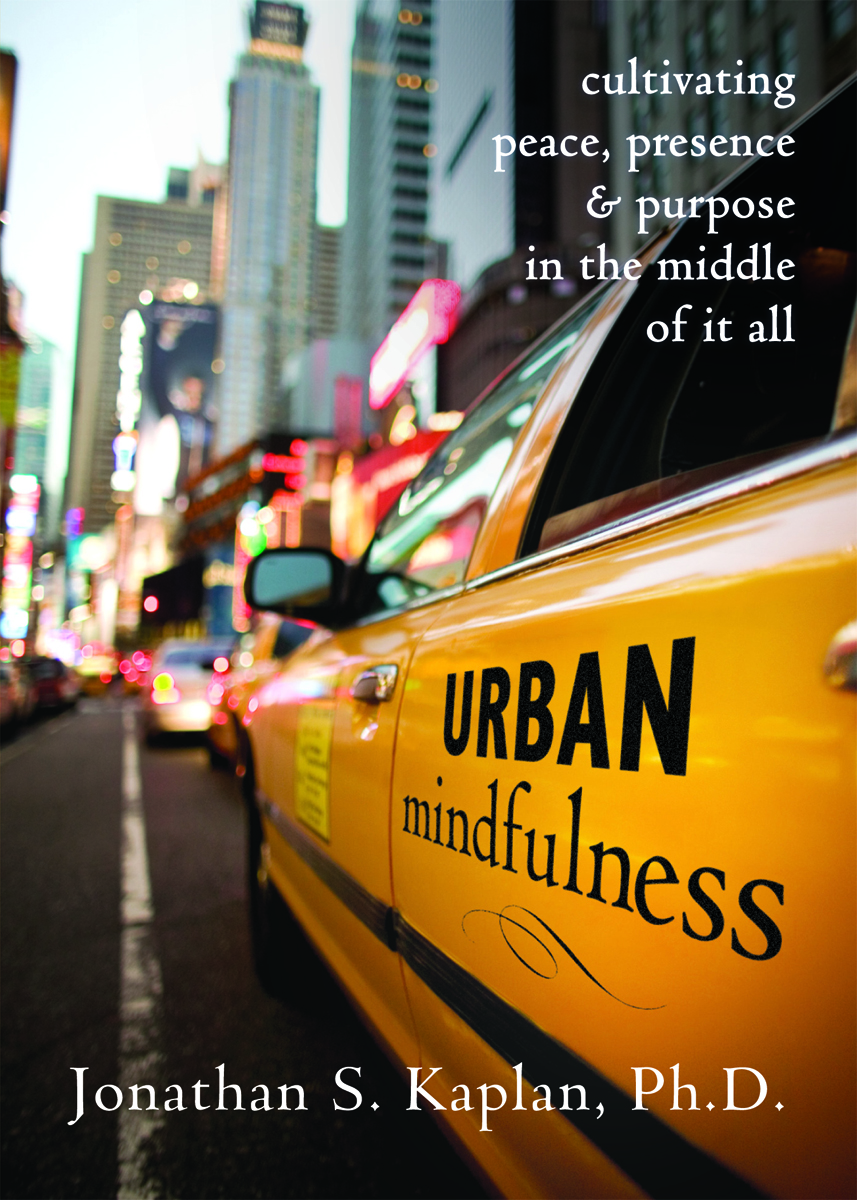Wednesday
Sep292010
With 100% Certainty...
 Wednesday, September 29, 2010 at 07:05PM
Wednesday, September 29, 2010 at 07:05PM  By Jonathan Kaplan, Ph.D.
By Jonathan Kaplan, Ph.D.Recently, I started biking to work. I've enjoyed the breeze and view as I bike over the Manhattan Bridge (especially at night), and it allows me to experience the city in a whole new way. While I miss sharing the subway ride with my fellow New Yorkers, I do appreciate the sights and smells of the various neighborhoods--Chinatown, the Bowery, Union Square--through which I pedal. For the past couple days however, I left my bike at home due to predictions of rain. (At present, I haven't developed the fortitude (or inclination) to be biking in thunderstorms.)
Before I left home each morning, the sky looked overcast, but it was not raining. The news assured me that it would be raining "morning, noon, and night," so I decided to refill my MTA pass and travel underground. At work, I waited for the rain. And, it did rain: a little bit of drizzle off and on. And, when I returned home each night, the sky was clear and the ground was relatively dry. As such, I realized that I could have biked to work in relative comfort both days. As I pondered my decision to ignore my immediate sensory experience of the weather in favor of others' predictions, I was reminded of something that I discuss with patients who suffer from anxiety and worry.
From the perspective of cognitive therapy, worry is characterized by a demand for certainty in ambiguous situations. Specifically, we want to know what will happen in the future. And, because we don't really know what will happen, we become anxious. In clinically significant circumstances, it can get to the point where we're imagining quite catastrophic results. Part of cognitive therapy involves developing a tolerance of this uncertainty, while learning how to consider the future in terms of probabilities, not guaranteed outcomes.
So, what is guaranteed? Maxims tell us that nothing is guaranteed, or that change is the only constant. Indeed, these are true as we look towards the future. However, the present moment--as it is happening right now--is immune to these considerations. That's right: the present is 100% certain. If you're looking for certainty, you'll find it nowhere except now. My immediate experience is undeniably real. If my knee is itchy, it is itchy. If I'm thinking about my book, then my thoughts are focused on my book. If I'm judging someone as being rude, then my critical mind is active. If I'm anxious about the future, then I'm worrying now. Will these aspects of my experience be present in five minutes? I don't know. These examples show how mindfulness can illuminate the world as it exists, and potentially provide some relief for those of us who cannot tolerate ambiguity.
So, the next time that I consider whether or not to bike to work, I'll consider both the weather that I see (e.g., cloudy) and the current predictions (e.g., showers), and make a decision that honors both of my experiences. And, if I do decide to bike, maybe I'll just toss a poncho into my bag...


